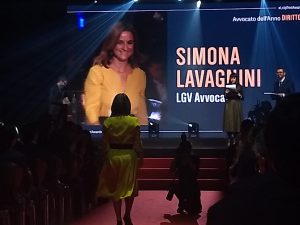LEADERS LEAGUE 2019: LGV CLASSIFIED AS „LEADING“ LAW FIRM FOR INTELLECTUAL PROPERTY AND TMT AND AS A LAW FIRM OF EXCELLENCE IN LITIGATION IN THE FIELD OF TRADEMARKS AND PATENTS
29/05/2019
LGV confirms its position as a leading law firm in the field of copyright and Technologies, internet & telecommunications category, and as a law firm of excellence in litigation in the field of trademarks and patents.
Leaders League, the French company that deals with rating professional firms in various national contexts, considers the high quality of service offered by the firm in relation to copyright and TMT, naming, for the second consecutive year, LGV as the leading law firm in the Intellectual Property category with lawyers Simona Lavagnini and Margherita Stucchi, as well as a firm of excellence for litigation on trademarks and patents, with lawyers Luigi Goglia, Simona Lavagnini and Tankred Thiem.
The guide updated to 2019, takes into account the high quality of the service offered by the firm in relation to copyright and new technologies, as well as the activity carried out by LGV as a litigator in the field of trademarks and patents.
LGV, once again, has achieved a high position in a prestigious legal ranking, thus confirming the presence and influence of the firm in the international context and its role of relevance in an increasingly competitive global market.

